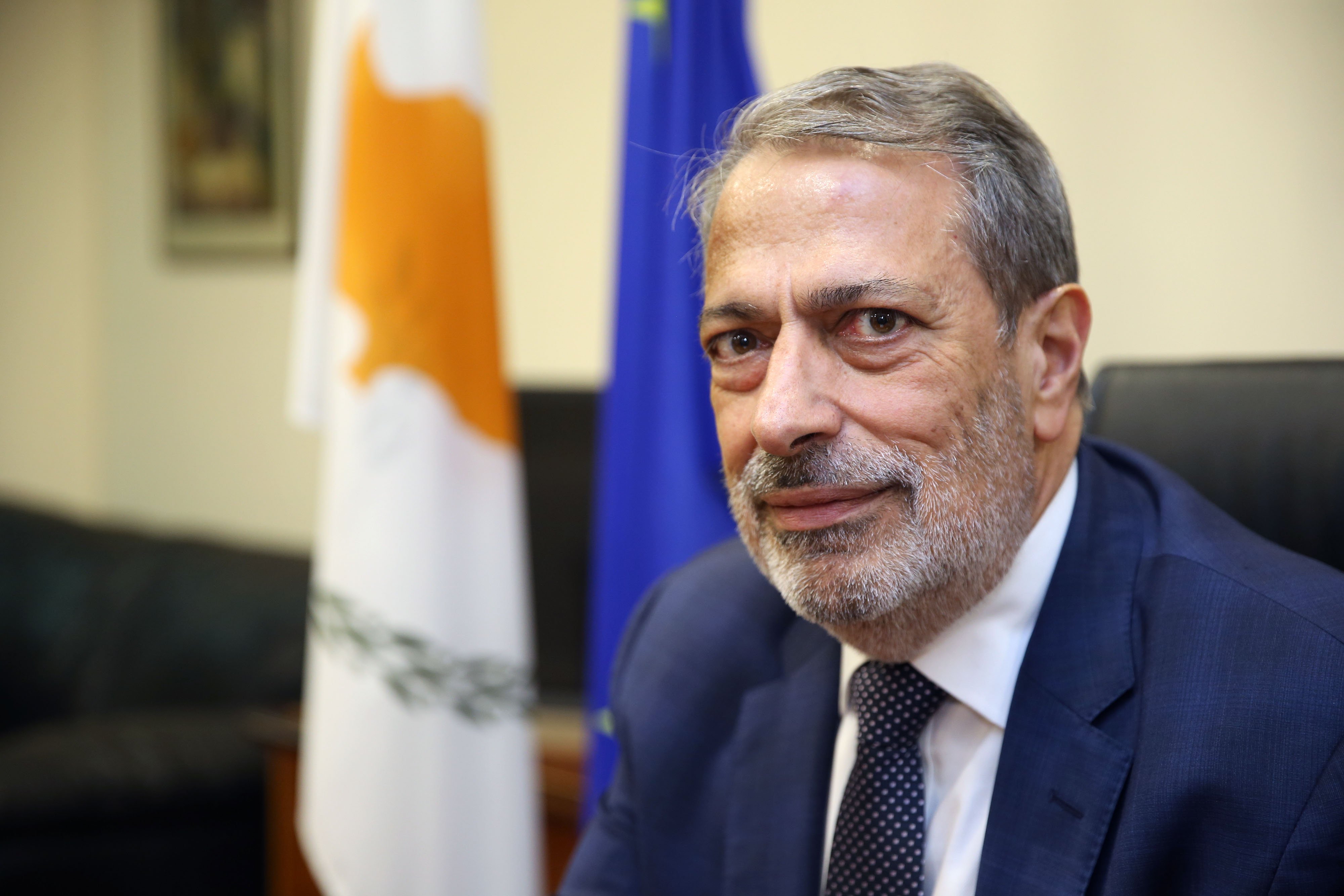The decision of Attorney-General Giorgos Savvides not to prosecute the chief of the Drug Squad, Michalis Katsounotos, for corruption caused a public outcry sparking claims of a cover-up and blatant bias.
Lawyers representing prison director Anna Aristotelous did not pull their punches, claiming the actions of the legal service, police chief and justice minister “showed in the most emphatic way that the intention was to find Katsounotos ‘innocent,’ and this was proven by the attorney-general’s statement.”
Aristotelous and her deputy Athena Demetriou, expressed their displeasure by announcing they would seek a transfer; as civil servants they can be moved to another department. Akel also went on the offensive, saying that “behind the government-prison-police triangle, there is a dark back story and dirty laundry for a lot of people that the government wants to cover up.”
These allegations may be unfounded, but the handling of the matter by the attorney-general and the police was so inept it was certain to have given rise to accusations of a cover-up. It took the legal services almost six months to make a decision on the criminal investigation which looked into reports that Katsounotos had been in contact with a convict asking him for compromising film footage of Aristotelous and Demetriou.
The independent criminal investigator, appointed to look into the case, lawyer Achilleas Emilianides, submitted his report to the legal services in June and it took the legal service all this time to study the findings and reach a decision!
Why was such a long time needed if the attorney-general was not looking for a way to let Katsounotos off the hook? Surely, within a month or two of receiving the report from the investigator there should have been an announcement. The incredible delay was certain to increase suspicions.
Even the justification used by Savvides in Wednesday’s announcement was far from convincing. First, he said that neither Emilianides nor the legal service that studied the report “found there was evidence of corruption against Mr Katsounotos, in the sense that he may have tried to gain something out of the situation.” He subsequently claimed that in weighing whether Katsounotos had committed a crime and whether his prosecution was in the public interest, the legal service took into account his motive and his efforts to avert serious crime. If there was no evidence of corruption, what other crime was the service referring to in concluding that prosecution was not in the public interest?
This ambivalence was bound to fuel the allegations of a cover-up, even after the murder of a Turkish Cypriot inmate in his prison cell, which supported police suspicions that convicts serving time had a free rein. A report published last month found the regime so lax that the situation in the prison was “extremely dangerous and out of control.” But the report was seen as an attempt by the authorities to discredit Aristotelous’ management of the prisons.
The authorities have handled the whole matter so badly, that even this report, which should raise serious concerns, was dismissed as another example of the efforts to discredit Aristotelous.







Click here to change your cookie preferences